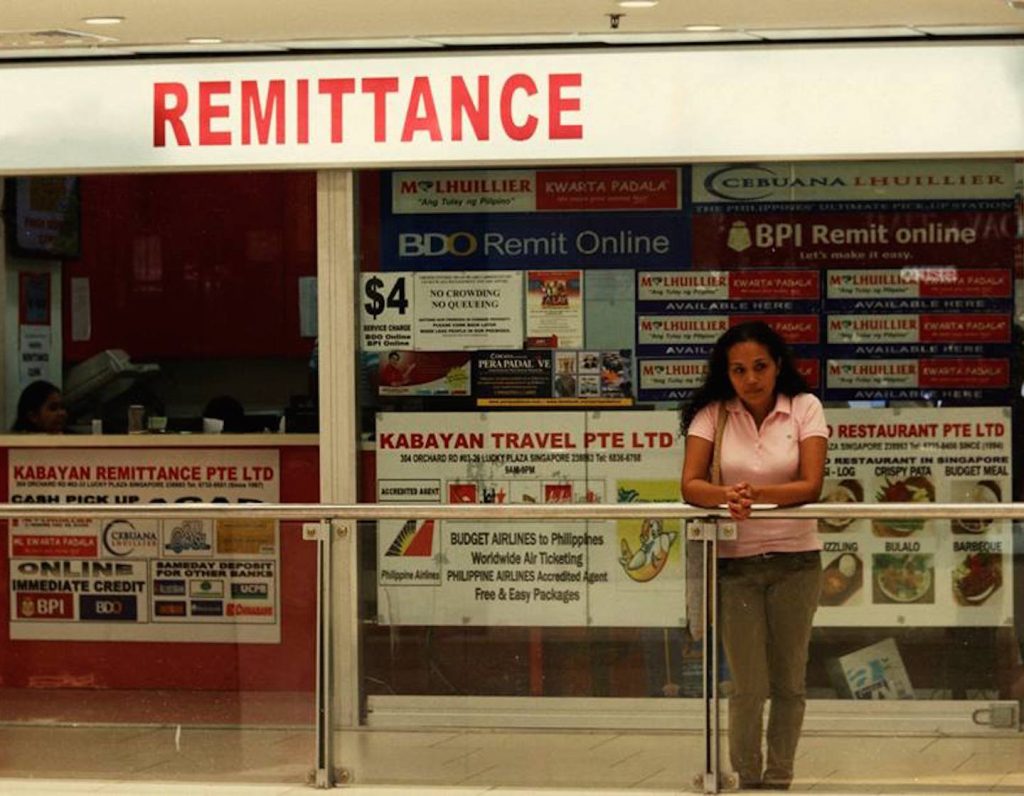
Heard of the film ‘Remittance’, mama? It portrays helpers’ lives and the challenges they face in a moving and realistic way; here’s where you can see it in Singapore!
A few weeks ago I had the chance to attend a screening of the film Remittance at an event sponsored by the wonderful helper education and advocacy organistation AIDHA.
Filmed in Singapore on a micro-budget and starring a cast of almost all non-professional actors (including a number of actual domestic helpers), the film depicts, in heartbreakingly realistic fashion, the ups and downs of a domestic helper named Marie, who arrives in Singapore to support her family in the Philippines. Rich and engaging, nothing about the film feels low budget or unprofessional; in fact it was one of the most moving films I’ve ever seen.
From the shock of having to live off $20 a month while she pays off exorbitant agency fees, to dealing with a derelict husband back home, to the difficult choices she makes to earn extra money in Singapore so her kids can simply go to school, Marie’s life is full of challenges many of us couldn’t even fathom, yet real-life helpers face each and every day.
“Domestic helpers are marginalised in many countries and it is significant that there’s a film that represents their stories,” explained Singaporean producer Gwyneth Teo in an email interview.
“Not only is seeing a story like your own a humanising experience [for helpers], but it’s also an educational one for everyone else who doesn’t already understand what migrant workers go through.”
She was drawn to the film by the previous work of its American writer-director team, Patrick Daly and Joel Fendelman, and saw producing it as a way to “give back to the different women who worked in my family’s household while I was growing up.”
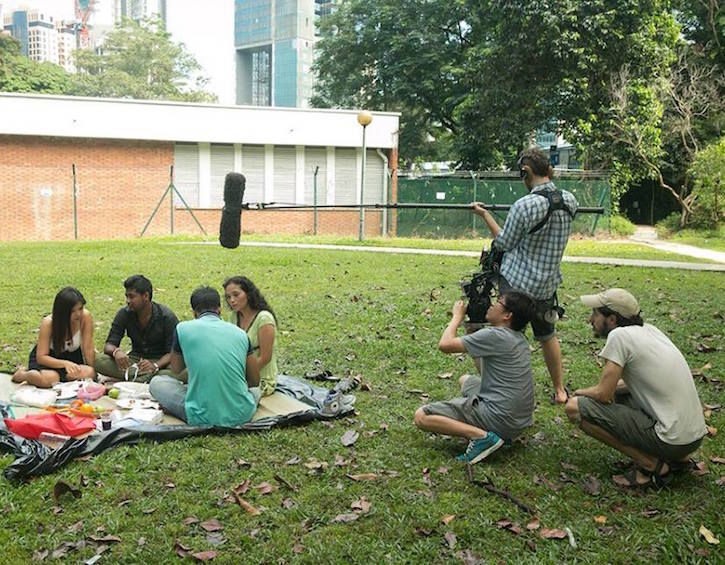
“As I grew older and became more aware, I’d ask a little bit about their lives back home,” she explains, “but I never thought to ask about the circumstances that led to them working in our home. I regret that.”
The film takes a refreshingly realistic and non-judgemental view of Marie, her friends, and even her employers. Despite the weighty subject matter and sad circumstances, there are lovely moments of laughter and levity when Marie gets together with her friends on their days off, or when she’s on the receiving end of attention and affection from a Bangladeshi construction worker, wonderfully portrayed by actor Prem John. She also finds confidence and empowerment when she develops a small business plan through classes at an organisation based on AIDHA.
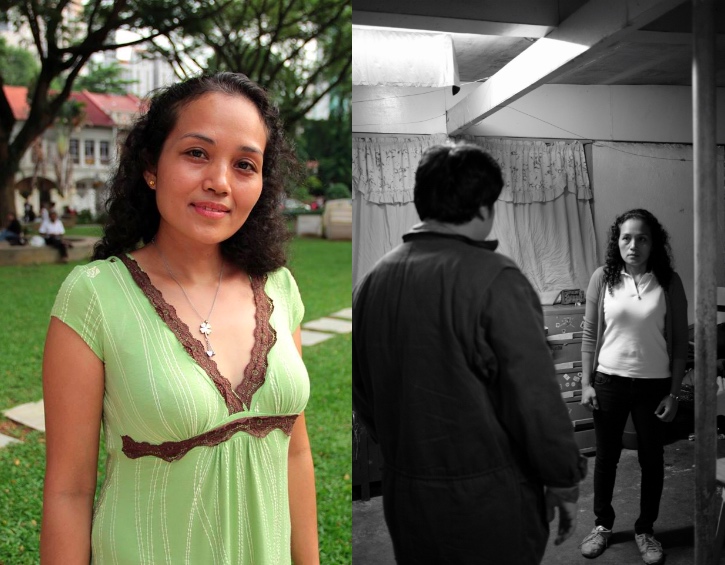
The movie’s fantastic star, Angela Barotia, is a helper who arrived in Singapore in 2009. She came to the film with very little acting experience, and during the 3-month shoot the film’s production team actually had to find a substitute helper to work for her supportive and encouraging employers. Sadly, neither Angela nor any of the other migrant workers who star in the film were able to be compensated financially for their work, as this would have violated the terms of their work permits.
During the post-screening Q+A panel with some of the movie’s producers and actors, Gwyneth Teo explained that the crew shot most of the film on Sundays (during helpers’ days off), but even then real life occasionally intruded. On one occasion, one of the stars was called away on a Sunday evening because her employers needed her help to put their baby to sleep!
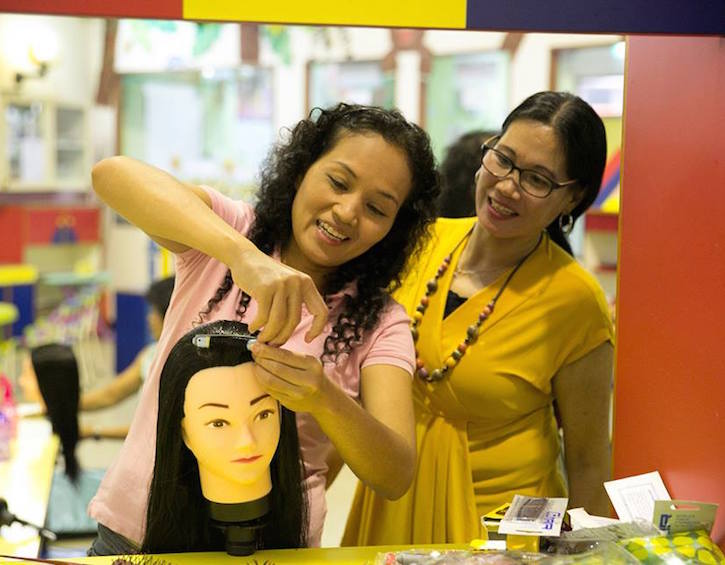
Amazingly, just about every situation in the film was drawn from real-life experiences, as the production team interviewed over 200 migrant workers in preparation for the film. In fact, it was initially conceived as a documentary, but given the breadth of experiences they heard about, they felt a composite dramatic film might be the most effective way to tell so many moving stories.
One of the film’s saddest moments occurs when a helper is reluctantly forced to cut her hair because her employer feels she’s too attractive and therefore a temptation for her husband. It turns out this actually happened to co-star Yolanda Bermas, who recounted the incident at the post-screening panel. This quiet, brief moment in the film conveys so much; it’s shocking to realize the control employers can have even over helpers’ bodies.
Following the screening, an audience member asked one of the women on the panel what employers can do to better support their helpers. “Be nice to us, we are people, just like you,” she said with sweet sincerity. Gwyneth Teo echoes the sentiment; in addition to getting involved with empowering organisations like AIDHA, AWARE, HOME and Transient Workers Count Too (TWC2), she suggests that employers simply
“Talk to your helper and look into how you can support her in different ways. It’s easy to assume if we throw money at a problem, it will solve itself. But, as in the case of Remittance, money couldn’t solve Marie’s family issues. Perhaps it’s not sufficient to solve your helper’s issues, either.”
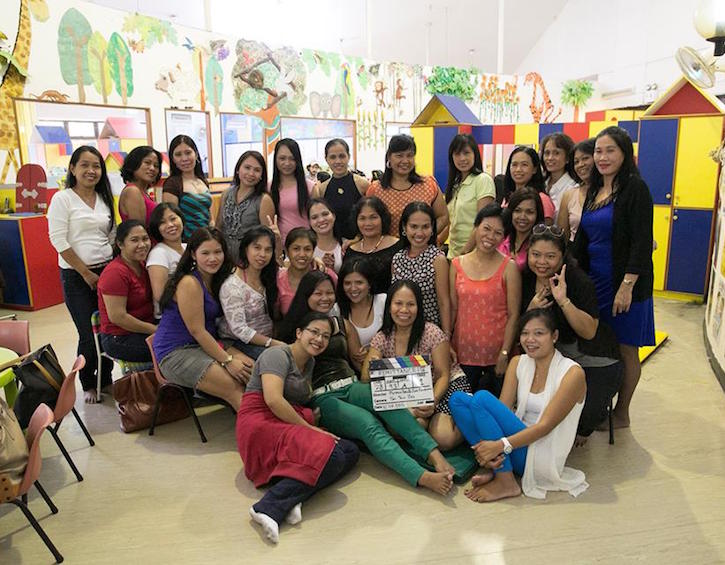
![]()
When the film ended my helper Leylani, who I’d brought along for the screening, turned to me and said, “All of that was true. All of it.” I asked what she hoped the film could accomplish, and she agreed with Ms. Teo’s sentiments that it could hopefully raise awareness not only amongst employers here in Singapore about the harrowing conditions that force helpers to do what they do, but perhaps also engender some empathy from helpers’ families back home, who might not realize how lonely, isolating and physically demanding work here can be.
The film has already made the rounds of various film festivals in Europe and North America, and now the filmmakers hope to roll it out across Asia, with a particular goal of translating it into Tagalog, Bahasa, Sinhalese, Tamil and Hindi so that it can reach migrant workers.
“The ideal is that everyone would be able to watch the film online for free, because we know not everyone has the means to catch it in the cinema,” Ms. Teo said.
For right now, Remittance is available for private screenings in Singapore. Stay tuned for details of Sassy Mama’s own screening in August, which will be part of the lead-up to our own Sassy Mama Helper Awards on 23 September. We are so excited to share this important, moving film with our readers, and hope you will bring your helpers along to see it, too.






 View All
View All





 View All
View All






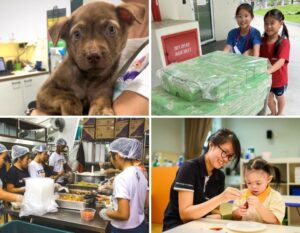




 View All
View All





